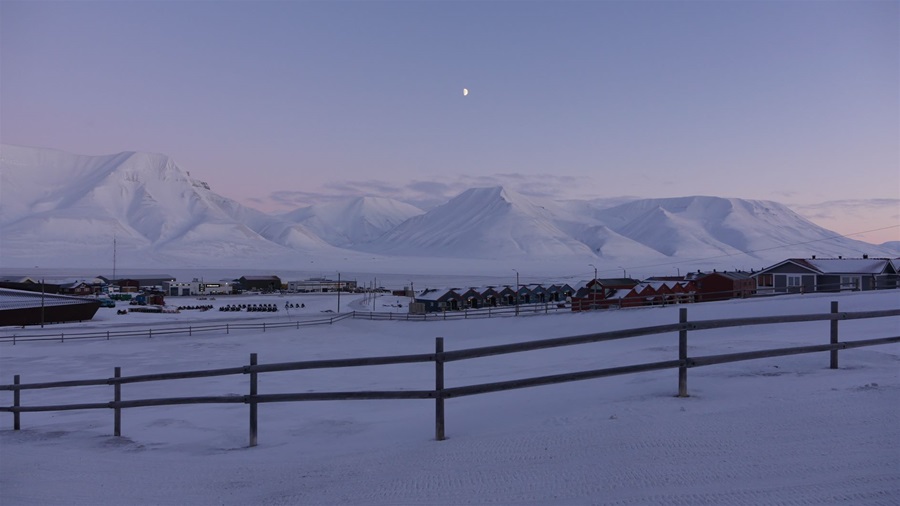Melting worlds and climate myths: December 8th
TC team
Featured image::

Melting worlds and climate myths: Multiple perceptions of climate change in an Arctic “frontline community”
On Wednesday December 8th Zdenka Sokolíčková and her colleague Alexandra Meyer (Department of Cultural and Social Anthropology, University of Vienna) will give an online lecture in the Block of Experts at the Department of Environmental Humanities, Faculty of Arts, Masaryk University. The lecture begins at 12:00, will be held in English, the topic is Melting worlds and climate myths: Multiple perceptions of climate change in an Arctic “frontline community”.
All TC students are cordially invited, a link to the “meeting” in Zoom has been sent to your university email. If there are any difficulties, let us know.
Climate change is a powerful story and a penetrating trouble in Longyearbyen, the northernmost family settlement on the archipelago of Svalbard in the Norwegian High Arctic. While most of the natural scientists agree on accelerating impacts of a changing climate on the Svalbard environment, our ethnographic fieldwork (2018-2021) unpacks the multidimensionality of the topic in the locale, including diverging observations, perceptions, attributions and impacts on the lived experience of the residents. In this transient town with a high turnover of the population, only few have a long term experience with altered weather patterns, ecological disruptions or physical discomfort related to irregular seasonality. Retired miners, guides, climate researchers, technocrats and other archetypes that we encountered in the field narrate the stories of climate and environmental change in Svalbard differently, influenced by the discourse that is both imported to Svalbard “from the outside”, and created here by science produced on the island. We show how people make sense of both the phenomenon (observation studies) and the discourse (reception studies), which our participants sometimes see as a green alibi for measures that are motivated rather by economic or political reasons. We dive into the inconvenient nuances of what is noted and spoken about, by whom, how and why. Different vulnerabilities, and hierarchies of power and knowledge emerge from the research in which we aim to go beyond fetishization of climate change in Svalbard.Climate change is a powerful story and a penetrating trouble in Longyearbyen, the northernmost family settlement on the archipelago of Svalbard in the Norwegian High Arctic. While most of the natural scientists agree on accelerating impacts of a changing climate on the Svalbard environment, our ethnographic fieldwork (2018-2021) unpacks the multidimensionality of the topic in the locale, including diverging observations, perceptions, attributions and impacts on the lived experience of the residents. In this transient town with a high turnover of the population, only few have a long term experience with altered weather patterns, ecological disruptions or physical discomfort related to irregular seasonality. Retired miners, guides, climate researchers, technocrats and other archetypes that we encountered in the field narrate the stories of climate and environmental change in Svalbard differently, influenced by the discourse that is both imported to Svalbard “from the outside”, and created here by science produced on the island. We show how people make sense of both the phenomenon (observation studies) and the discourse (reception studies), which our participants sometimes see as a green alibi for measures that are motivated rather by economic or political reasons. We dive into the inconvenient nuances of what is noted and spoken about, by whom, how and why. Different vulnerabilities, and hierarchies of power and knowledge emerge from the research in which we aim to go beyond fetishization of climate change in Svalbard.
Featured image::
